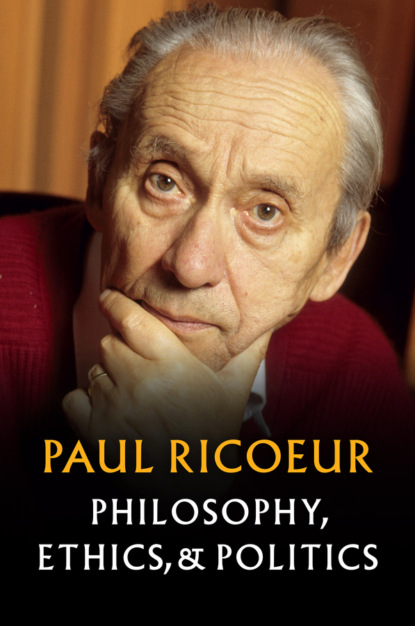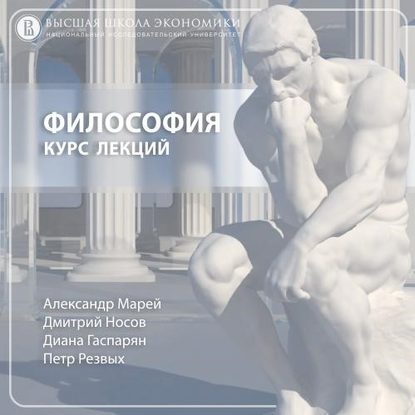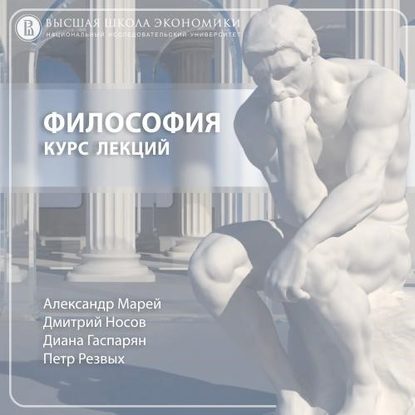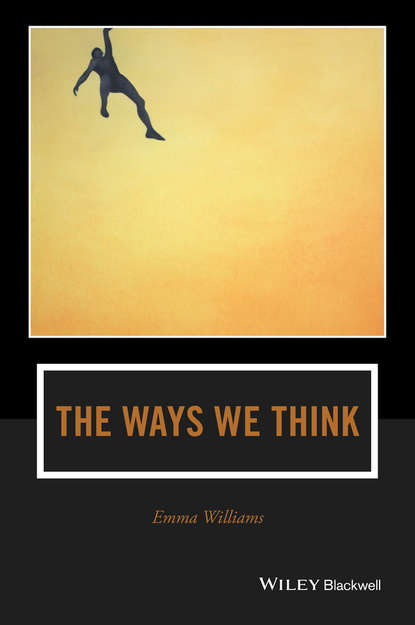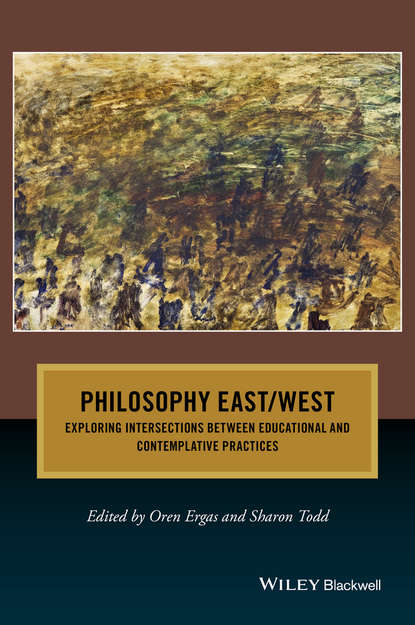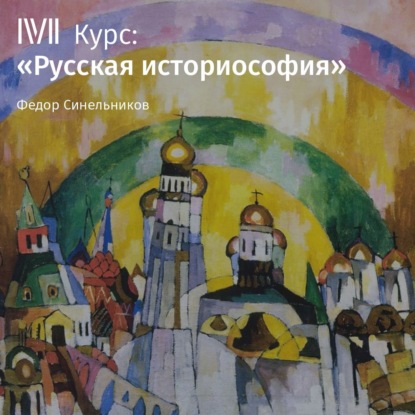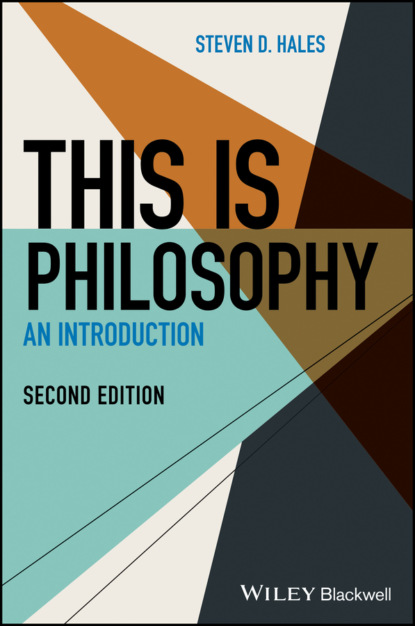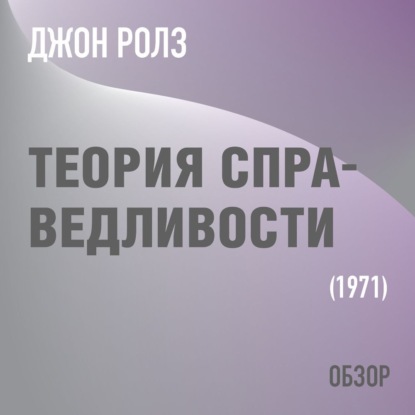"Philosophy, Ethics and Politics" by Paul Ricoeur is a collection of interviews and conversations that took place between him in the years of 1991-2002. This book addresses some important and central questions in political philosophy, ethics and politics, such as: justice, the nature of violence and war, environmental problems, the problem of evil in relation to ethics and action, not to mention questions relating to current world politics.
Rather than provide a clear, final answer, according to Ricoeur, philosophy is responsible for engaging with the problems of society and current political beliefs, clarifying the truth behind things presented by politics and informing moral decision-making in the public sphere.
Электронная Книга «Philosophy, Ethics, and Politics» написана автором Paul Ricoeur в году.
Минимальный возраст читателя: 0
Язык: Английский
ISBN: 9781509534524
Описание книги от Paul Ricoeur
In this series of interviews and dialogues which took place between 1981 and 2003, Paul Ricoeur addresses some of the central questions of political philosophy and ethics: justice, violence, war, the environmental crisis, the question of evil, ethical and political action in the polis. Philosophical issues are brought to bear on present-day concerns and the practical realities of contemporary politics. <br /><br />How can the philosopher speak about politics without claiming superior insight or a higher order of knowledge? Ricoeur distinguishes three levels of society: ‘tools’ (modes of production and the accumulation of technology), ‘institutions’ (which are tied to national cultures) and ‘values’ (which claim to be universal). The philosopher’s task is to probe each of these levels and open up spaces for reflection, criticism and democratic deliberation. It is to explore the paradoxes of the political rather than invoking certainties dictated by conscience. Just as there no longer exists a grand narrative about the past, so too there is no longer any utopia capable of projecting the desired future. What remains is human creativity, which marks the source common to the institutional frameworks that are already present and the horizons that extend beyond them. The philosopher’s engagement lies in the promise to revive this source at the very moment it appears to dry up under the weight of the real. <br /><br />This volume of interviews and dialogues with one of the most important French philosophers of the post-war period will be of interest to anyone interested in the great political and ethical questions of our time.
